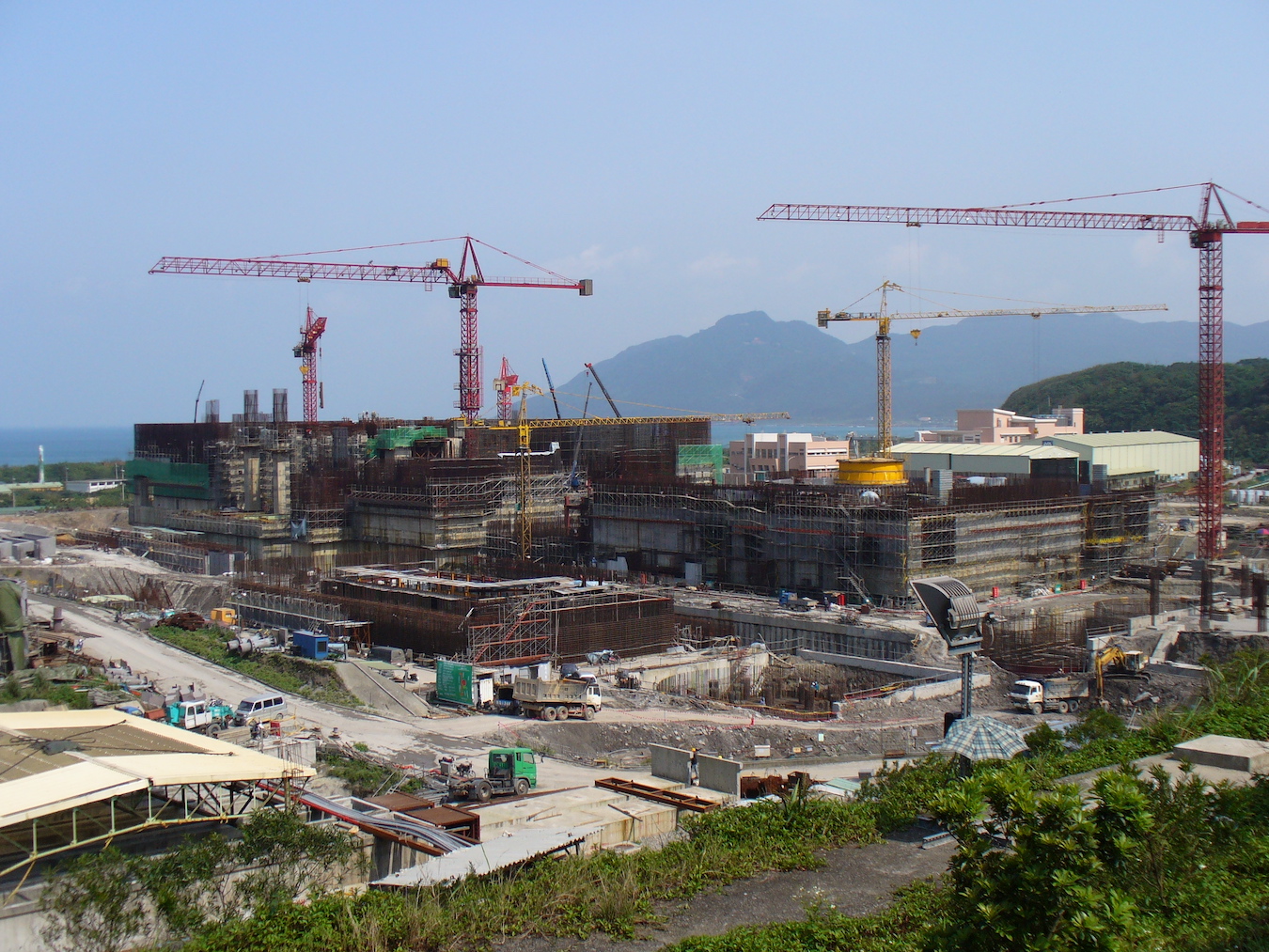by Brian Hioe
語言:
English
Photo Credit: Chongkian/WikiCommons/CC BY-SA 3.0
ENVIRONMENTALISTS CALLED on the government to take further action against carbon emissions ahead of the Lunar New Year. In particular, the Environmental Justice Foundation and other groups filed a constitutional lawsuit calling for swifter action and a clearer timeline for action on environmental goals. The Climate Change Response Act was criticized for not having short-term and medium-term goals in terms of action to be taken on climate change.
Environmental issues did not take center stage during the 2024 presidential elections, in that environmental goals failed to become a major campaign issue. Instead, there was a greater focus on bread-and-butter issues, such as the unaffordability of housing for young people or the low salaries they face, something that has led to difficulties for young people starting families.
When environmental issues did become campaign issues in the past, this sometimes occurred in the context of local development. This was the case when a liquified natural gas terminal (LNG) that the Tsai administration hoped to construct off the coast of Taoyuan, threatening a five-thousand-year-old coral reef, came under scrutiny.
After the KMT jumped on board with supporting opposition against the LNG terminal, the matter was put to a natural referendum. Ironically, the LNG terminal was previously proposed under the KMT and previously opposed by the DPP, proving an issue on which the two political parties traded positions.
Otherwise, one notes that discussion of environmental issues took place in the context of Taiwan’s broader energy mix. The KMT has historically been the political party in Taiwan that has favored nuclear energy. As such, in past election cycles, the KMT called for the phasing out of the legally mandated timeline on phasing out nuclear energy.
 Photo credit: Mastehr/WikiCommons/Public Domain
Photo credit: Mastehr/WikiCommons/Public Domain
This has continued to be a refrain of the KMT in the most recent election. More broadly, however, the KMT’s emphasis on nuclear energy returns to its view of Taiwan’s historical development and efforts to appeal to nostalgia for this period.
When Taiwan saw high economic growth in the 1970s and 1980s, Taiwan was then reliant on nuclear energy for a much higher proportion of its energy mix. The KMT suggests that returning to nuclear energy will bring back this period of prosperity, in line with broader appeals to nostalgia for a past period of prosperity, which coincided with when the KMT was the sole ruling party in Taiwan before democratization. Yet to this extent, the KMT capitalizes on how many members of the Taiwanese public may not be aware of how nuclear energy now constitutes a significantly smaller percentage of Taiwan’s energy mix.
Some of the KMT’s proposals in the past election cycle, then, sought to cast doubt on the DPP’s calls for boosting the use of renewable, green forms of energy in Taiwan. The DPP was accused of only being interested in the development of green energy because of investments in green energy companies, while green energy on the whole was framed as an untested, new form of energy that Taiwan should not rely on.
One observes from such framing of environmental issues in Taiwan that there largely has not been a discussion of global climate goals or dangers posed to Taiwan and the world from failing to take action on climate change. There has been discussion of Sustainable Development Goals as a benchmark for industry to meet in order to comply with trends in global industry and there were some attempts to introduce Fridays for Future and environmental movements such as those that take place in Europe.
Yet, for the most part, focus on the elections has diverted energy away from discussion of environmental issues. And discussion of environmental issues in Taiwan largely reflects the dynamics of Taiwanese politics, rather than the broader discourse around climate change that exists internationally. It is to be seen how and if this changes. However, it can be expected that environmental groups will continue advocacy on the issue–certainly, the issue is not going away anytime soon.
After the election, there may be more capacity for discussion of issues regarding the environment in its own capacity, without necessarily being pulled into partisan mudslinging between the two major political camps. This remains to be seen. But, if so, the Lai administration may need pressure for it to be willing to take action on the issue.

